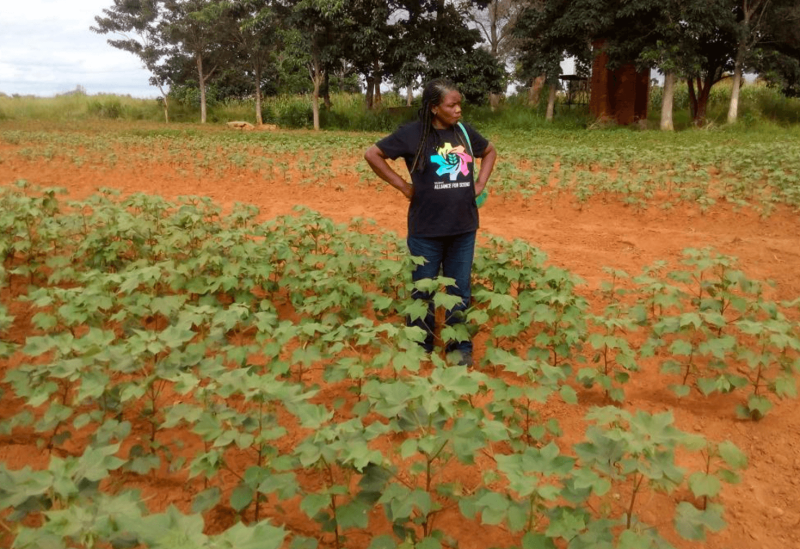Malawi is inching closer to commercializing Bt cotton as research into the genetically modified crop is at an advanced stage. The Department of Agricultural Research (DAR) is conducting national performance trials (NPTs) into the crop to assess its performance under farmer’s conditions and determine social-economic analysis of the impact of the technology in readiness to developing a dossier for a proposal to release the technology through the Agricultural Technology Clearing Committee (ATCC).
The initial confined field-testing was completed through trials conducted at five sites across the country. Results from these multilocational trials were consistent and showed yield and bollworm protection of Bt cotton over conventional cotton varieties. The yield advantage was double!
…
Conventional cotton varieties are devoid of resistance to bollworm infestation forcing farmers to spray their crops seven to eight times to control the pest. The resource-poor farmers can hardly meet such a costly and labor-demanding spraying regime. This made growing of cotton less profitable, hazardous to human health and environmentally unfriendly.
The road to Bt cotton research has been long and challenging. Confined Field Trials (CFTs) began earnestly in 2012 following the approval by [regulators].
Read full, original article: MALAWI’S BT COTTON RESEARCH EXPERIENCE PROVIDES AFRICAN AGRI-BIOTECH RESEARCHERS WITH INVALUABLE LESSONS































